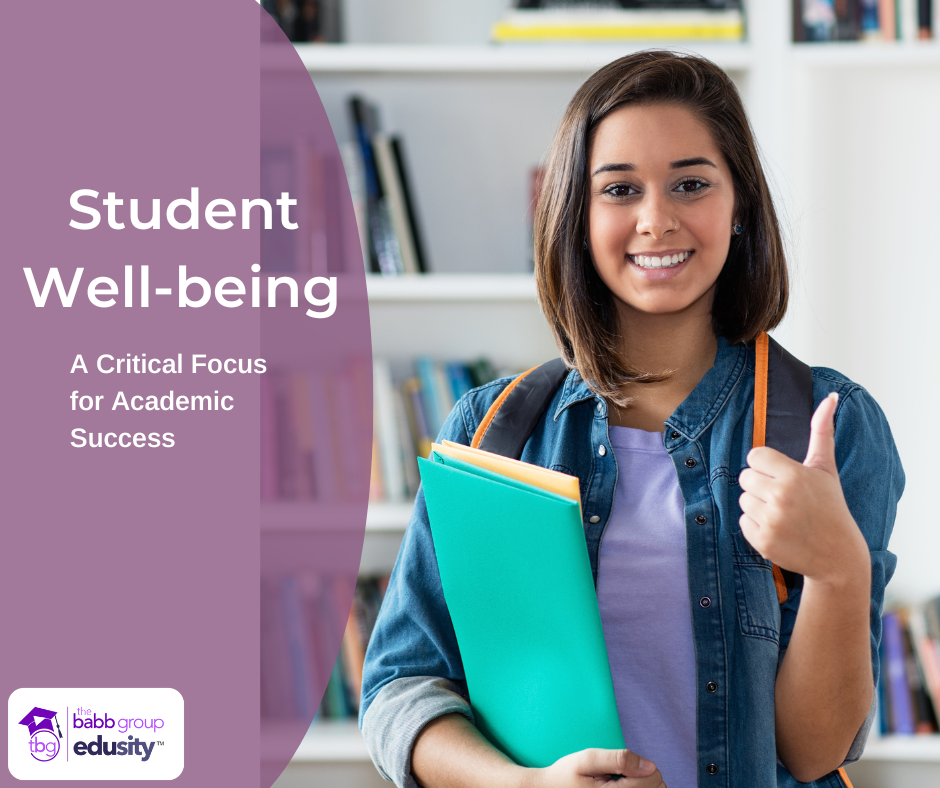Student reports of stress, anxiety, and trauma are rising. According to a report from Penn State’s Center for Collegiate Mental Health (CCMH), for the last 12 years, more and more students are experiencing social anxiety and isolation. CCMH compiled data from 180 college and university counseling centers, including over 190,900 students. This data points to the need for increased services for student’s mental health and a focus on student success teams.
Student success teams are tasked with various services to help students succeed academically and personally. These teams provide academic advising, time management counseling, assisting students to adapt to college workload, increased employability, and well-being. All of these are keys to student retention and degree completion.
Brett Scofield, executive director of CCMH, noted the importance of focusing on mental health as part of the academic experience. He said, “Therefore, it is essential for institutions to assess and strengthen their local offerings of mental health, academic, social, and cultural support services that ultimately support the academic mission.”
Starting the Conversation
The University Innovation Alliance is a 15-member organization of public institutions that uses data-driven student success tools to promote retention. Some tools include completion grants, college-to-career transitions, and proactive academic advising. It’s also created free playbooks to share with other institutions.
So far, it’s working. Alliance member institutions are seeing significant increases in graduation rates, including increased graduates of color by 93 percent annually and increased low-income graduates by 50 percent.
The group’s founders say getting student success on the agenda is the first step.
Bridget Burns, the alliance’s founding CEO, told Inside Higher Ed, “This is an important narrative shift, where as a community, we holistically think about student success as a multidimensional concept—one that provides students with the necessary tools and support to keep them enrolled and stay on track to graduate on time—and also examine how success is tied with outcomes.”
Supporting Well-Being
With the increase of online students, using media and technology is essential to working with students.
According to a Stanford Center for Opportunity Policy in Education report, technology can produce “significant gains” in student performance. But, like any tool, we need to implement it in a way that works, including interactive learning, exploration, creation, and the “right blend” of teachers and technology.
There are several ways online learning is helpful to student success. Digital learning increases access to equitable higher education and can catalyze improved course outcomes for historically marginalized students. Another way is through consistent academic coaching through chats, virtual meetings, and phone. When people, processes, and technology are aligned, it can improve student outcomes.
Chatbots driven by a combination of student success teams and AI are helping students connect to their schools, improve academic outcomes, and improve retention.
CSUNny is the name of the California State University System’s chatbot. CSUNny has been working with students since 2018 as part of a program called Graduation Initiative 2025. Half of all first-time freshmen have had access to the tool since the fall of 2018. Three years later, CSUN found students with access to the chatbot were significantly more likely to still be enrolled and more likely to graduate.
Emily Russell, a professor at the California State University, Northridge, and one of the faculty liaisons for CSUNny, says the chatbot gives students a sense that help is available on campus. She says, “There is a whole host of research suggesting that that feeling of belonging is one of the biggest predictors of retention and graduation,” she says.
Georgia State University sees similar success with its Pounce chatbot, which reminds students about upcoming exams, assignments, and more. Students using Pounce had better grades and were more likely to pass than those who did not use Pounce.
Prioritizing mental health is essential for student success in college and beyond. Colleges and universities have resources to support students’ mental health, including counseling services, support groups, and wellness programs. Students need to take care of themselves and seek help when needed. By prioritizing mental health, students can achieve academic success, build strong relationships, and develop the skills and qualities to help them thrive in all areas of life.
Angela Britcher
Latest posts by Angela Britcher (see all)
- Enhancing First-Year Experiences in Higher Education - August 1, 2024
- Enhancing Education with Virtual Reality: A Hands-On Approach - June 27, 2024
- Higher Education Trends: Insights from Our COO, Sheila Fry - June 13, 2024
